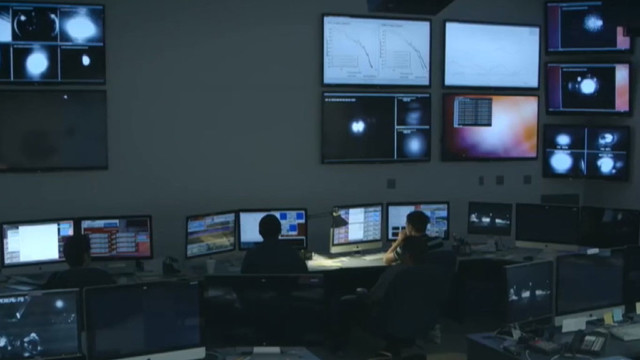The 2017 Nobel Prize in Physics has been awarded to three American scientists, and their finding delves deep into space and time.
They proved the existence of gravitational waves just two years ago.
It’s very unusual for the Nobel committee to award science prizes so soon after a discovery.
But as CGTN’s Jim Spellman explains, the breakthrough justifies the prize.
In his theory of relativity, physicist Albert Einstein suggested that time and space could bend, creating what are known as gravitational waves.
A century later, a team of scientists has observed the phenomenon a billion light years away from earth. Their work has earned them a Nobel Prize in physics.
The award will be split between Rainer Weiss of MIT and Barry Barish and Kip Thorne of Caltech—researchers who lead the Laser Interferometer Gravitational-wave Observatory (LIGO).
They used LIGO to observe gravitational waves deep in space where two black holes collided.
“We’ve opened a new field of astronomy and astrophysics, and that’s really, I think, this fundamental thing that’s so new about this,” explained Weiss.
“The Einstein waves are interesting and the fact that you can directly detect them is important. But the real payoff is going to be in the future.”
The LIGO project began in the 1970s and has cost about a billion dollars so far.
Along the way, some scientists doubted gravitational waves could be detected, but the researchers never gave up.
“You have be willing to take risks to do great things,” said Barish. “There aren’t many things you can do that don’t have risks involved.”
The laureates work has ushered in a new era in physics.
“We now witness the dawn of a new field, gravitational wave astronomy,” said Nils Martensson of the Nobel Physics Prize Committee.
“This will teach us about the most violent processes in the universe, and it will lead to new insights in the nature of extreme gravity.”
The winners say they feel humbled to be in the same category as Einstein. They hope that a hundred years from now, future scientists will be building on their work, the way they built on his.
 CGTN America
CGTN America

